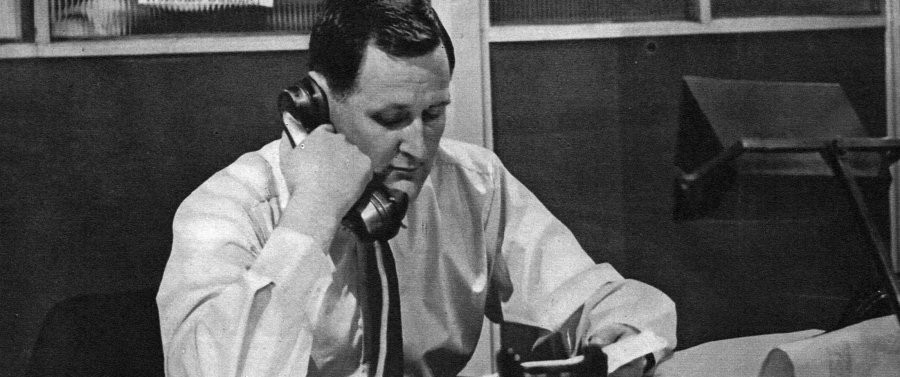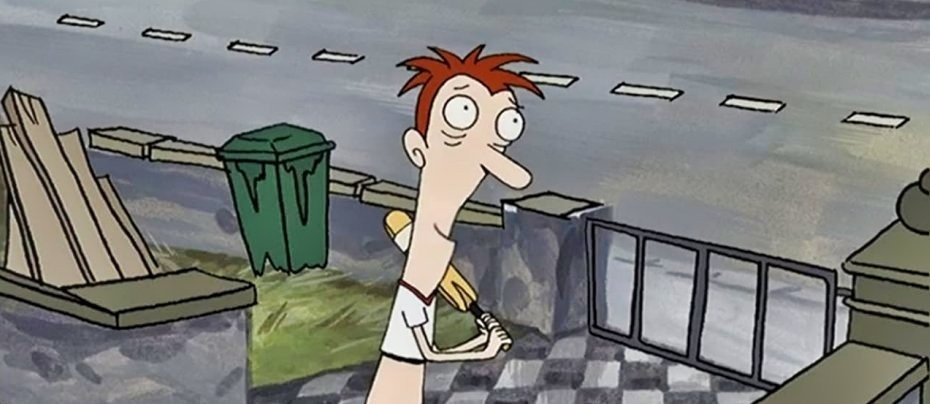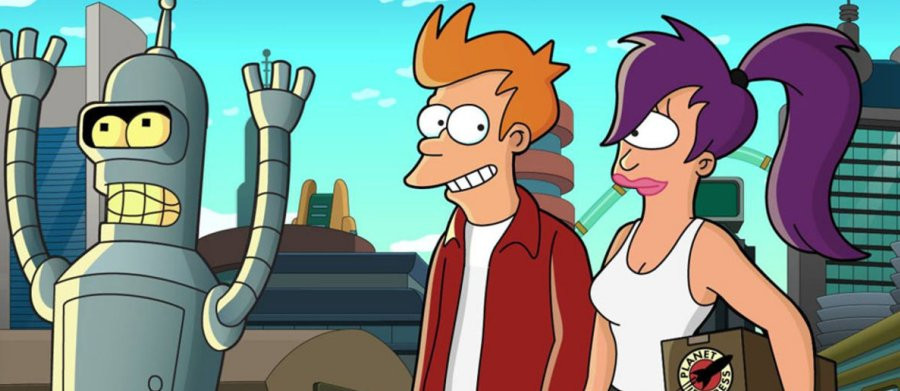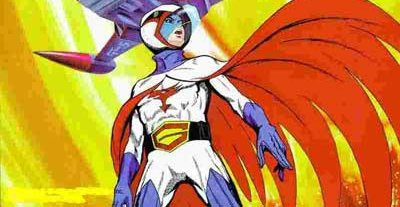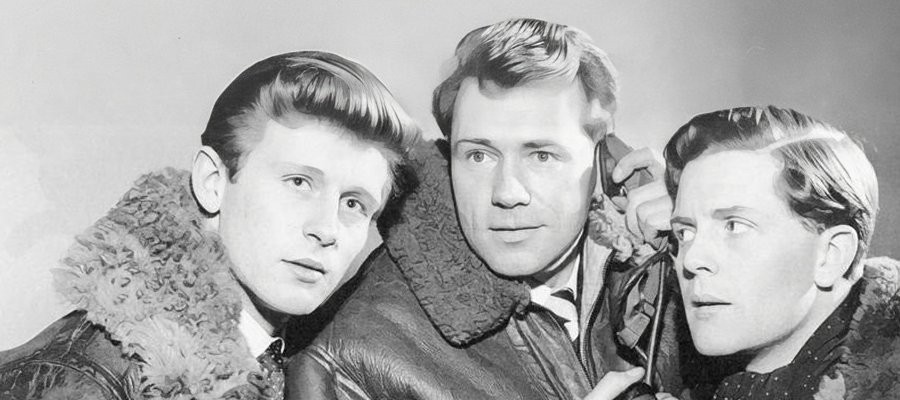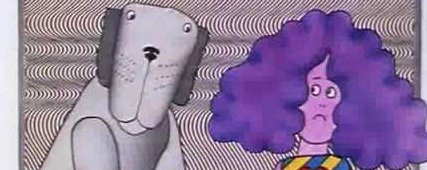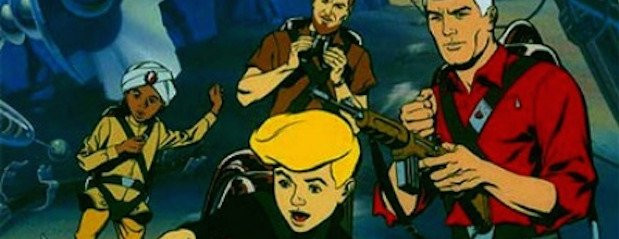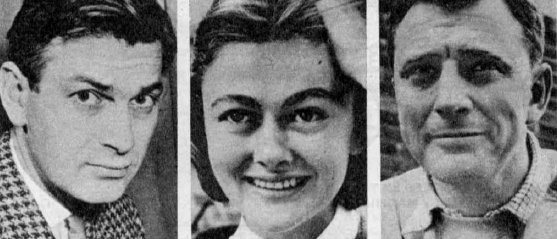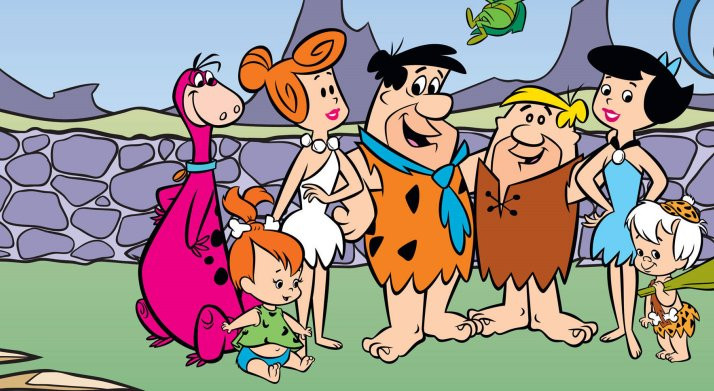
The Flintstones
1960 - United StatesLong before The Simpsons took American prime time by storm with its subversive humour and dysfunctional nuclear family, a slightly less chaotic household had already blazed the trail for generation-crossing animated antics. That family was, of course, The Flintstones — the bedrock (pun intended) of modern television animation and a cornerstone of cartoon history.
Inspired by The Honeymooners, the popular Jackie Gleeson sitcom, The Flintstones was brought to life in 1960 by the legendary duo William Hanna and Joseph Barbera, best known for their Academy Award-winning work on Tom and Jerry. Originally titled The Flagstones, the name was soon changed, and with that, the legend of Bedrock and its unforgettable inhabitants began.
Set in a stylised Stone Age world with modern-day suburban sensibilities, the show centres on the gruff yet loveable Fred Flintstone, his ever-patient wife Wilma, and their best friends and neighbours, the Rubbles; Barney and Betty. Despite the prehistoric setting, their world was a playful mirror of 1960s middle-class America, complete with foot-powered cars, dinosaur vacuum cleaners, and saber-toothed household pets. It was precisely this clever juxtaposition that gave the show its satirical spark, allowing viewers to laugh at their own lives through the antics of cavemen.
Visually, the animation was a far cry from the lush theatrical standards of the golden age of cartoons. Yet what it lacked in polish, it made up for in charm, inventiveness, and storytelling. Initially met with scepticism—The New York Times famously dismissed it as an "inked disaster"—the series eventually proved its critics wrong. By the second season, The Flintstones had gained enough traction with audiences to be nominated for, and win, a Golden Globe, a feat virtually unheard of for an animated show at the time.
Change played a crucial role in keeping the series fresh during its six-year run. In 1963, television history was made when Wilma gave birth to Pebbles, marking the first time an animated character had a child on screen. Soon after, the Rubbles adopted the supernaturally strong Bam Bam, bringing new dynamics and storylines into play.
While the original run concluded in 1966, the franchise lived on in numerous spin-offs, specials, and even a major live-action film starring John Goodman as Fred. Though enjoyable, these later iterations rarely matched the original’s satirical bite or adult appeal. The heart and humour of the original series came from its keen observations of domestic life, cleverly cloaked in stone tools and dinosaur labour.
The Flintstones holds its place in TV history not merely through nostalgia but because of its smart writing, endearing characters, and pioneering status. For six glorious years, prime time television truly was a "Yabba Dabba Doo" time.
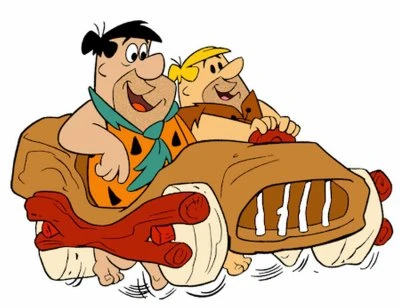
The Flinstones Theme Tune
"Flintstones... Meet the Flintstones,
They're a modern stoneage family.
From the town of Bedrock,
They're a page right out of history.
Let's ride with the family down the street.
Through the courtesy of Fred's two feet.
When you're with the Flintstones,
Have a yabba dabba doo time,
A dabba doo time,
We'll have a gay old time."
Seen this show? How do you rate it?
Seen this show? How do you rate it?
Published on April 2nd, 2025. Written by Laurence Marcus for Television Heaven.


